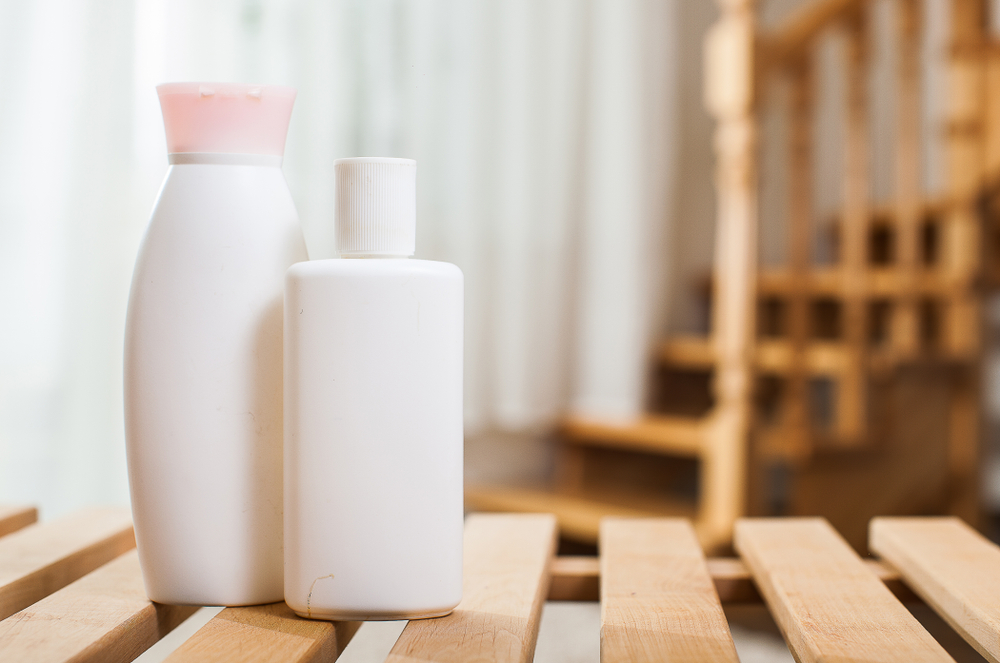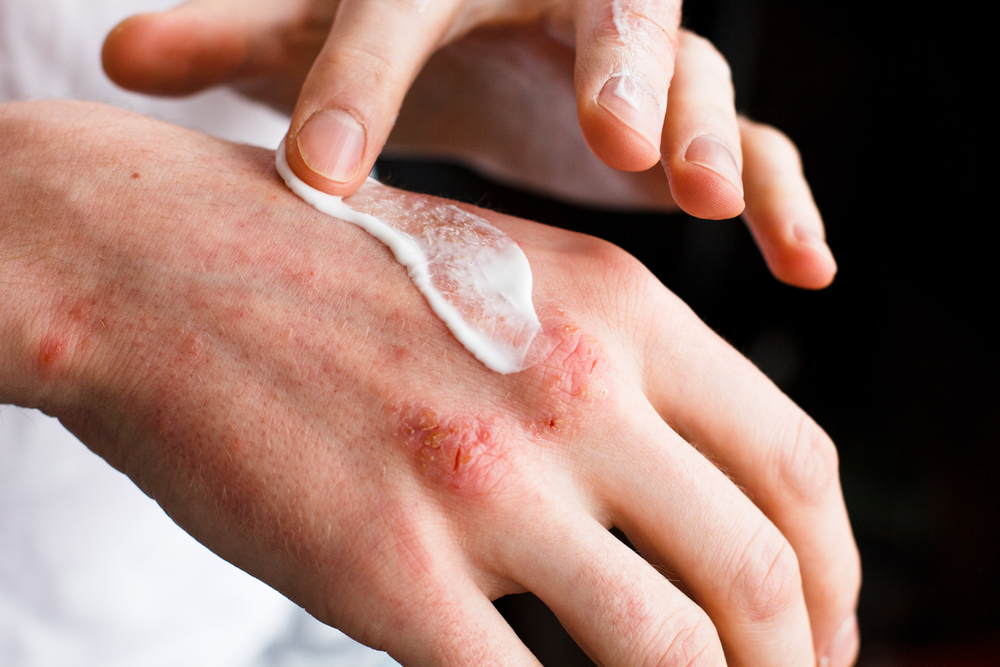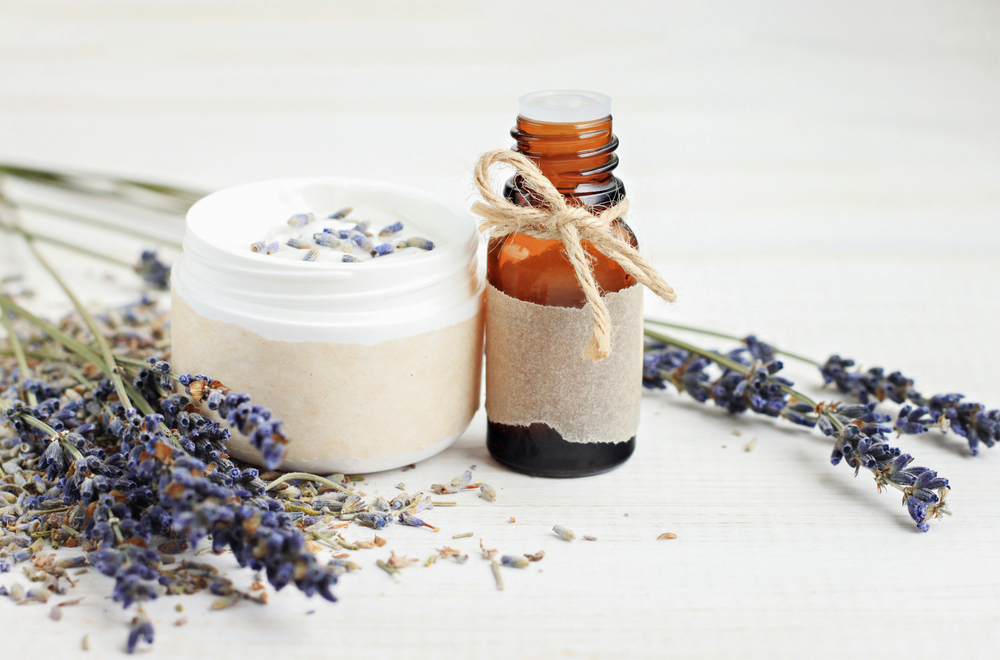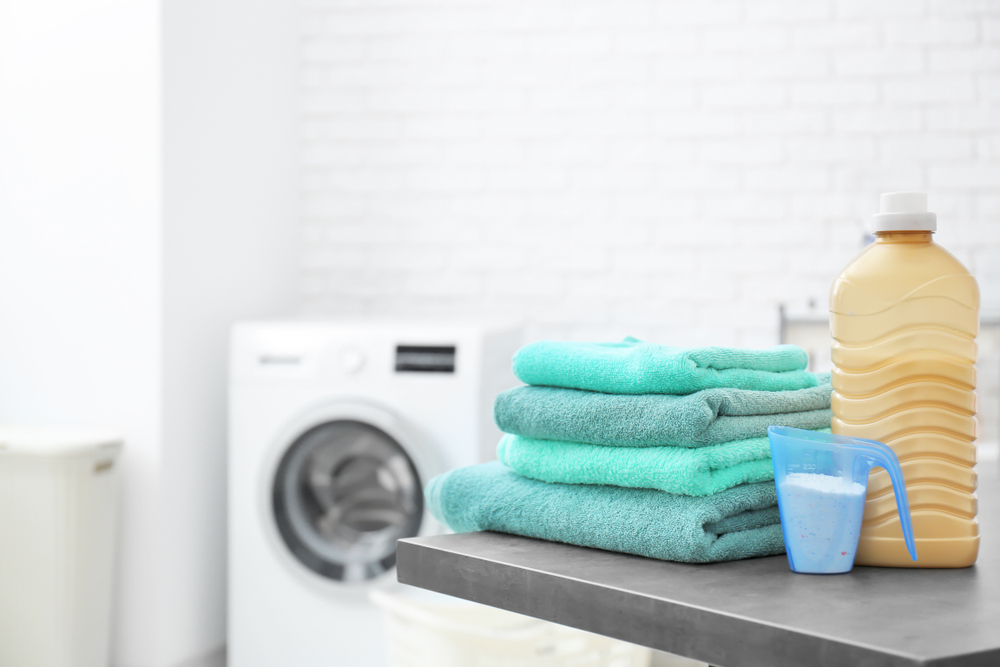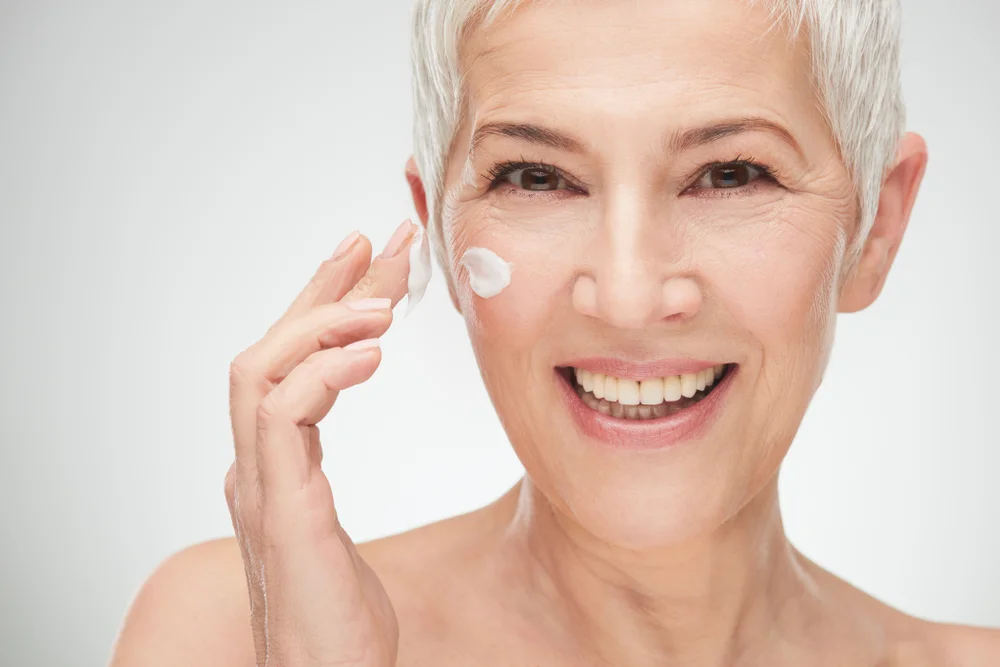- In response to the increased incidence of gluten intolerance, cosmetic manufacturers are producing gluten-free products.
- Allergic reactions following the use of cosmetics containing gluten may be caused by accidental ingestion, rather than application.
- A wide range of cosmetic products are available for those with a gluten sensitivity.
Celiac disease (CD) is an autoimmune disease of the small intestine. It is caused by the inability of the digestive tract to assimilate gluten, a type of protein found in such food grains as wheat, barley, and rye. Symptoms include gastrointestinal upset in the form of abdominal pain and diarrhea, in addition to fatigue and depression.
Gluten can also cause gastrointestinal symptoms in people who don’t suffer from CD. In other words, the problem of gluten intolerance encompasses a wide range of disorders. These include nonceliac gluten sensitivity (NCGS), gluten ataxia, and dermatitis herpetiformis.
CD is believed to afflict approximately one in 200 individuals in the United States. In reality, the number might be even higher, as it is believed a large number of celiac sufferers go undiagnosed. Although the exact prevalence of NGCS is unknown, it is believed to afflict as much as 6% of the US population.
Evidence of occurrences of skin rash, gastrointestinal symptoms, and asthma after using gluten-containing cosmetics is too weak to establish a direct correlation between the product and the side effect.
However, the evidence that does exist — such as studies outlining a possible correlation between hydrolyzed wheat protein in soap and allergic reactions such as contact dermatitis — has prompted researchers to pursue this avenue of investigation, and cosmetic manufacturers to develop gluten-free products.
Cosmetics and gluten sensitivity
The general belief among healthcare professionals and skincare experts is that gluten sensitivity deriving from cosmetic usage is unlikely to be the result of application.
According to Catie Wiggy, Director of Product Development and Brand Management at Mychelle Dermaceuticals, “The truth is that gluten molecules are too large to penetrate the skin, making it unlikely that gluten-containing skincare products, whether cosmetics or haircare, would cause a serious reaction.”
However, Wiggy advises that “those with a severe gluten allergy should err on the side of caution and only use certified gluten-free products for all of their personal care needs.”
Aleska Ristic, a freelance medical writer with a degree in pharmacy, says the only potential danger lies in accidentally ingesting a product that contains gluten, or absorbing gluten through a lesion in the skin. However, he emphasizes that threatening situations are extremely rare in clinical practice.
“Due to a negligible content in cosmetic products, they don’t have the potential to cause a notable reaction, even upon ingestion,” Ristic says “Some people have reported skin rash, but the real cause remains unknown.”
Hydrolyzed wheat protein in soap
There have been incidences of contact dermatitis and severe allergic reactions among users of soap containing hydrolyzed wheat protein (HWP). In addition, a small study comprising nine patients reported links between the use of moisturizing creams containing HWP and contact urticaria.
Researchers believe these occurrences are connected to the process of hydrolysis — the breaking down of the protein through contact with water. However this is, at the moment, just a hypothesis. Studies have yet to establish a conclusive link between HWP in cosmetics and gluten intolerance.
In the meantime, due to its ability to promote foaming, hydrolyzed wheat protein continues to be used in a number of other types of cosmetic products. These include hair spray, eye shadow, and mascara.
If you’re sensitive to gluten, look out for the following soap ingredients:
- wheat germ
- hydrolyzed vegetable protein
- avena sativa oats
- triticum aestivum (another name for wheat).
Recommended gluten-free cosmetics
Although research into the effects of wheat protein on the skin might be in its embryonic stage, several manufacturers of cosmetics have decided to jump ahead and stock pharmacy shelves with gluten-free cosmetics and soaps.
Shelley Krehbiel, President and CEO of The Healing Hippy, a small cosmetic company specializing in organic skin care says, “While we don’t know the direct impact of ingredients containing gluten with topical applications, we know that our customers who are “gluten-free” take it very seriously. So we’ve chosen not to include gluten ingredients in any of our products.”
To those of you who suffer from gluten sensitivity and want to take extra precautions while purchasing cosmetics, here are some cosmetic brands that offer gluten-free options.
Afterglow Cosmetics
Established in 2004, Afterglow Cosmetics has been dedicated to producing natural, effective, and safe cosmetics since its inception. They offer a wide range of products, including mascara and lipsticks.
These products are also certified gluten-free, which means that in addition to being free of ingredients that contain gluten, their products are manufactured in gluten-free facilities. As a result, there’s no risk of cross-contamination between products. As a bonus, the Afterglow product line is organic, cruelty-free, and vegan.
Gabriel Cosmetics
Like Afterglow, Gabriel Cosmetics is certified gluten-free. This manufacturer of organic cosmetics boasts a wide range of vegan, lead-free skincare products that are manufactured in the US.
Dr. Hauschka
Dr. Hauschka offers a vast range of products for people with gluten sensitivity. Additionally, they use natural ingredients that are sustainably grown in their own gardens.
There is one exception, Dr. Hauschka Soothing Cleansing Milk, that contains hydrolyzed wheat gluten and lactobacillus, oat, rye, and wheat seed ferment.
Ecco Bella
Ecco Bella offers a diverse range of skin care products and takes pride in the all-natural, cruelty-free nature of its products. Its ingredients are sourced from fruits and vegetables. There is no gluten or wheat protein in any Ecco Bella product.
PAI Skin Care
PAI, a Canadian brand, is dedicated to developing products for sensitive skin. Using wholesome, organic ingredients, most of their products are gluten and allergy free. There is one exception — the stretch mark system — that contains wheat germ.
PAI has been certified by a number of organizations, such as Cosmos Natural, the Soil Association, Leaping Bunny, and the Vegan Society.
Verb Haircare
Developed in Austin, Texas, Verb produces a number of oils, shampoos, and conditioners that are gluten-free. Their products are also free of parabens, sulfates, and phthalates.
Tom’s of Maine
Established in 1968, Tom’s of Maine has been owned by Colgate-Palmolive since 2006. They are committed to using ingredients that are sourced in nature, and of mineral and plant origin.
Tom’s of Maine products are gluten-free, ethically-sourced, and grounded in sustainability.
SeneGence
LipSense is the premier lipstick brand of SeneGence. In addition, the SeneGence catalogue encompasses a vast array of gluten-free, cruelty-free, and kosher skincare products such as cleansers, moisturizers, and serums. In addition, LipSense products are designed to be kiss-proof and waterproof.
Bite Beauty
Bite Beauty, a Canadian-based manufacturer of lip products, offers a wide range of gluten-free shades. Although cruelty-free, it is not a vegan brand.
Eco-friendly, gluten-free skin care: A new reality
The side effects of gluten intolerance, such as skin rash, gastrointestinal distress, and asthma are reason enough for manufacturers of cosmetics to consider making their products gluten-free. And it would appear that many of them are taking heed, judging by the wide range of gluten-free cosmetics available on the market.
» For more information and skin care and gluten intolerance, use Zwivel’s online consultation tool to contact a board-certified dermatologist in your area.





